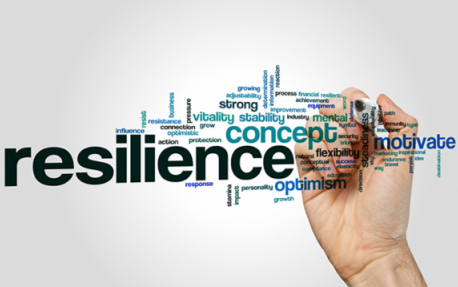Resilience in leadership is about more than enduring tough times; it’s about using challenges as catalysts for growth and transformation. This quality not only sustains leaders through adversities but also equips them with the insights and fortitude necessary to guide others. In this detailed analysis, I reflect on how overcoming professional setbacks has not only shaped my approach to leadership but has also reinforced the importance of resilience as a core leadership trait.
The Impact of Setbacks on Leadership Development
Embracing Vulnerability as a Strength:
Early in my career, experiencing a significant project failure taught me the unexpected value of vulnerability. Initially viewed as a setback, this experience allowed me to openly share challenges and uncertainties with my team, which, in turn, fostered a culture of trust and openness. By showing vulnerability, leaders can encourage team members to speak freely about their difficulties, promoting a more collaborative and supportive work environment.
Learning from Failure:
Each professional setback has been a powerful learning opportunity. For instance, a failed product launch early in my tenure as a director provided me with firsthand insights into the critical importance of market research and customer feedback. This not only changed my approach to project management but also ingrained a habit of continuous learning and adaptability in my leadership style.
Strengthening Problem-Solving Skills:
Dealing with setbacks often requires innovative problem-solving and quick thinking. During a financial downturn, I led a team through budget cuts that threatened to derail our operational capacity. This challenge taught me to be more creative with limited resources, leading to more efficient processes and a more agile team dynamic. These skills have become integral to my leadership toolbox, helping me navigate future crises with greater efficacy.
Fostering Team Resilience:
Learning to overcome personal setbacks has enabled me to better support my team during their professional challenges. By sharing my own experiences and recovery strategies, I’ve been able to mentor others through similar situations, reinforcing the team’s overall resilience. This has been crucial during organizational changes, where collective endurance and adaptability have been key to maintaining morale and productivity.
Prioritizing Self-Care and Wellbeing:
One of the most critical lessons learned from overcoming setbacks is the importance of self-care. High-stress periods early in my career led to burnout, which significantly hampered my effectiveness as a leader. This experience underscored the need to prioritize physical and mental health, not just for myself but also as a model for my team. Implementing regular check-ins and encouraging work-life balance within my team has become a priority.
Inspiring Perseverance:
My journey through professional setbacks has been a testament to the power of perseverance. Sharing these stories within and outside my organization has helped to inspire others to view their own challenges as opportunities for growth and reaffirmation of their goals. This aspect of leadership—being an emblem of perseverance—can motivate teams to strive for success despite difficulties.
Conclusion
The role of resilience in leadership extends beyond personal tenacity; it influences organizational culture, shapes leadership practices, and enhances team dynamics. My experiences with setbacks have not only molded my approach to leadership but have also taught me the immeasurable value of resilience as a foundational element of effective leadership. This resilience has enabled me to lead with empathy, adaptability, and a forward-looking perspective that anticipates challenges and embraces change.

